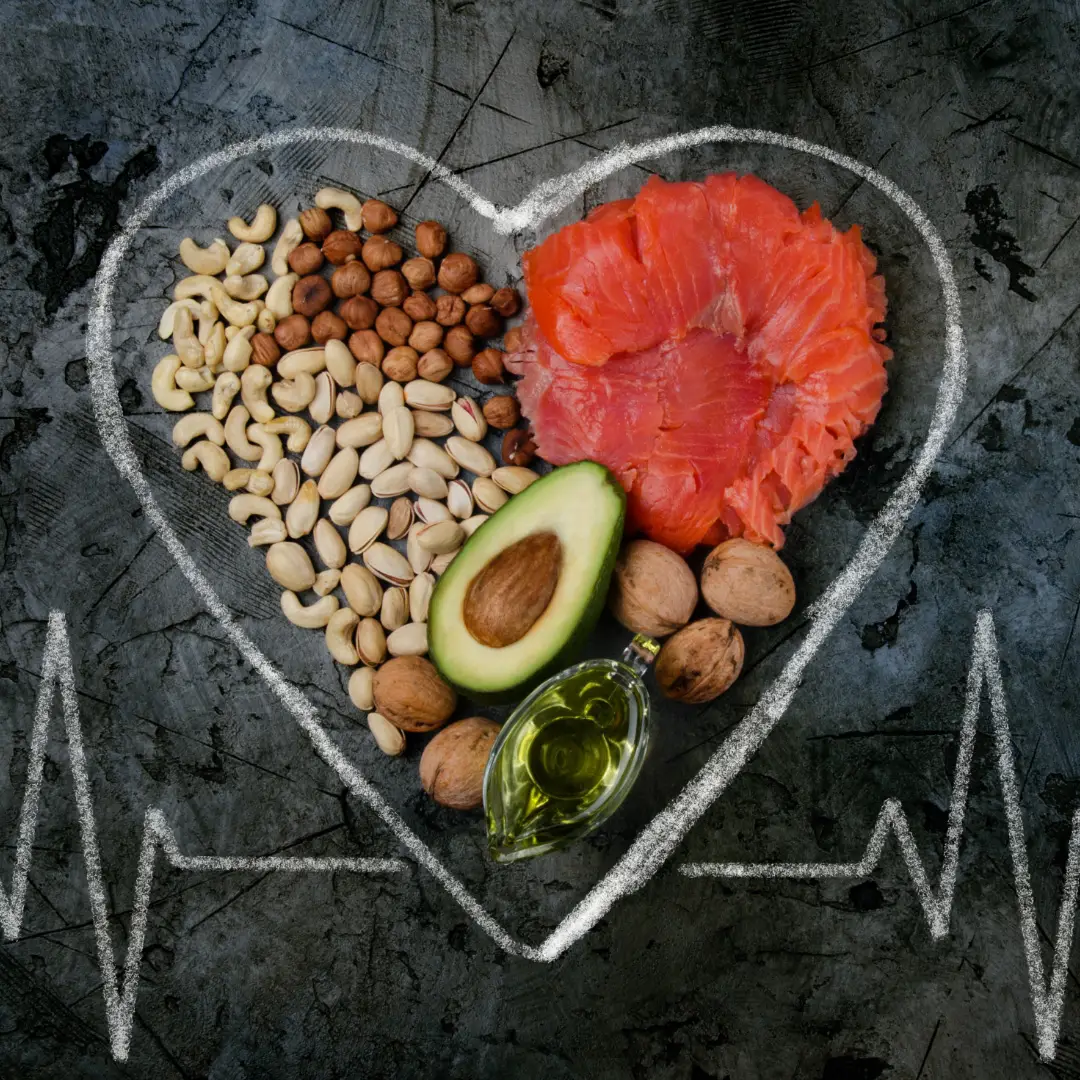We’ve all heard that we need an average eight hours sleep a night. However, in this strange new world, we often find that we have to work across time zones, or wake up early to train before work starts, or finish up a deadline before 8am the next day. It can really be challenging to switch off the lights and just fall asleep – so we don’t. We try and relax by watching series, or reading or worse, crawling through social media. But if we really want the benefit of sleep, shouldn’t we make it a priority? We should, and here are 5 reasons why sleep is worth taking the time and effort to make a priority:
- Sharper brain – if you don’t get enough sleep you start to lose focus and memories. Your brain needs time to catch up and process. The old adage ‘I’ll sleep on that’ makes real and scientific sense.
- Mood boost – sleep is when your brain processes emotions. Ever had an emotionally taxing day where you end up feeling physically exhausted? We all have and it’s a real thing! You need to sleep to work through your emotions. It’s been found that chronic lack of sleep (insomnia) can lead to depression, anxiety and panic disorders. Give your brain the time it needs to figure it all out and make better choices.
- Healthy heart – when we sleep, our blood pressure drops, but if you don’t sleep or sleep for a short amount of time, your heart and blood vessels don’t get a chance to rest. This can lead to high blood pressure, which can lead to heart disease and even strokes. Your heart needs TLC too!
- Steady blood sugar levels – when you are in deep sleep, sugar levels in your blood drop. If you don’t get enough ‘quality deep’ sleep, your body doesn’t have time to reset it’s levels and will struggle to respond to your cell’s needs and blood sugar levels. Make sure you’re getting deep sleep or you could end up with type 2 diabetes.
- Weight management – being well-rested means you’re less hungry. Sleep deprivation can upset your satiety hormones in your brain (leptin and ghrelin). If these hormones are out of balance, your resistance to temptation is decreased and you make poor food choices. This, together with low energy levels (because you’re tired), lead to increased weight gain.





